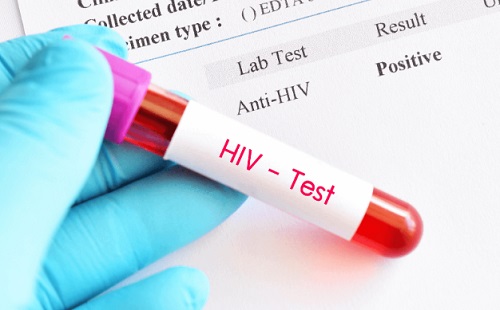
730 new HIV infections recorded in Volta Region last year
An estimated 16,996 persons are living with HIV in the Volta Region.
Advertisement
Out of the estimated HIV population, 68 percent are spread among nine municipalities and districts, including Ho, Hohoe, Keta, Ketu South, and Kpando municipalities, as well as Ho West, North Tongu, Central Tongu, South Tongu districts.
Meanwhile, 72.2 percent of the estimated people living with HIV (PLHIV) in the region are on lifelong antiretroviral therapy, much lower than the 95 percent stipulated by the UN Fast Track Target.
The Technical Coordinator of the Ghana AIDS Commission Technical Support Unit in the Volta Region, Mary Naa Asheley Anyomi, disclosed these at Ho Jubilee Park on Saturday (November 25), after a procession by students, civil society organizations, and members of the public on the streets of Ho to commemorate the 2023 World AIDS Day.
The event was organized jointly by the Ghana AIDS Commission, Ghana HIV AIDS Network (GHANET), and the Ghana Health Service under the theme: "Let Communities Lead."
Mrs. Anyomi revealed that at least two out of every 100 people in the Volta Region were living with HIV, with a prevalence of 1.5 percent, while Kpando, South Dayi, Central Tongu, North Dayi, Keta, Ho West, Akatsi North, and North Tongu areas had a prevalence rate higher than the region’s.
Furthermore, she said, 730 new HIV infections for all ages were recorded last year, with young people between the ages of 15 and 24 accounting for 12.05 percent of the cases.
Mrs. Anyomi touched on the day, saying its continuous celebration was very important because HIV was real, and anyone could be infected or affected irrespective of religion, gender, tribe, occupation, or social standing.
“The way forward is to utilize various media channels, including television, radio, and social media platforms, to disseminate accurate information on HIV prevention, transmission, and treatment. Promoting,” Mrs. Anyomi added.
She pointed out that to reduce HIV infections, it was important to create the necessary awareness and educate the populace on the modes of transmission as well as the precautions that had to be taken to avoid getting infected.
The Volta/Oti Regional Chairman GHANET, Kofi Nyalimba, said ending AIDS by 2030 required concerted efforts involving the entire community.
He, therefore, entreated all and sundry to play active roles in that crusade and self-test to know one’s HIV status.
Mr. Nyalimba said HIV self-testing was not only free but also convenient, quick, and confidential.



